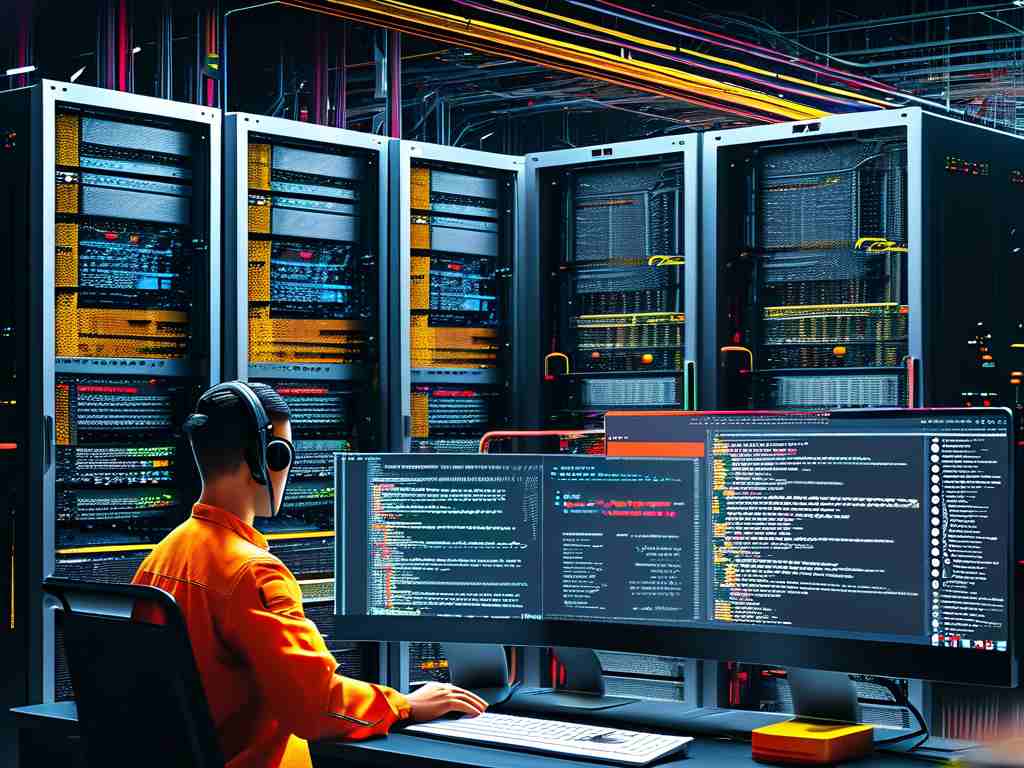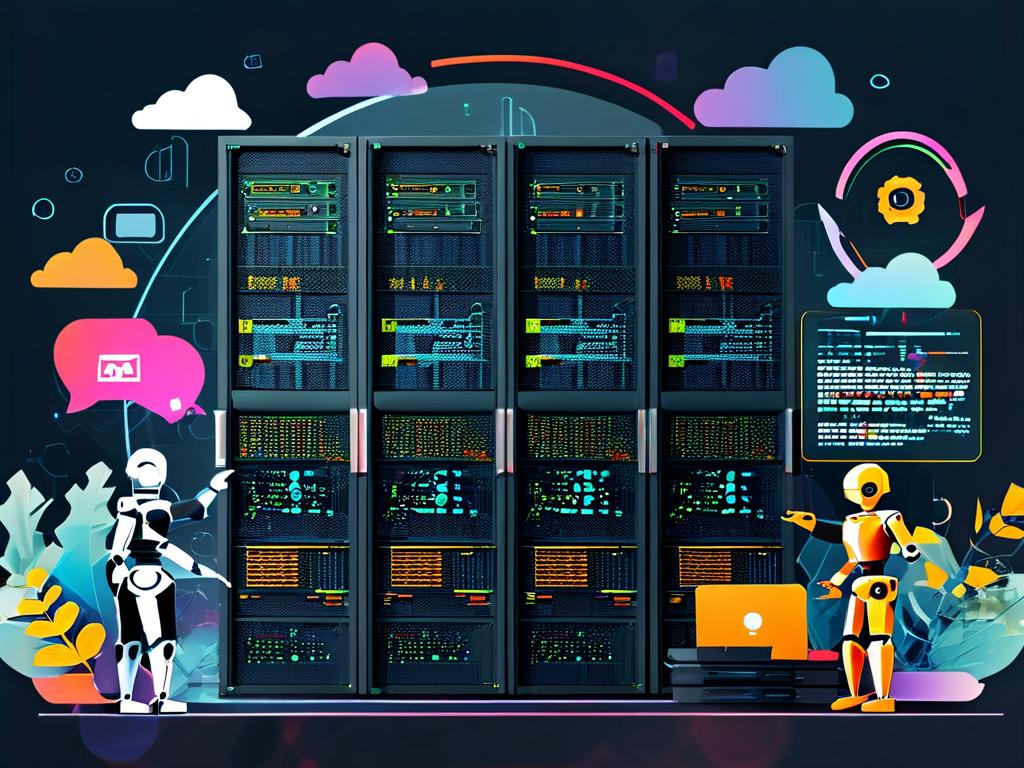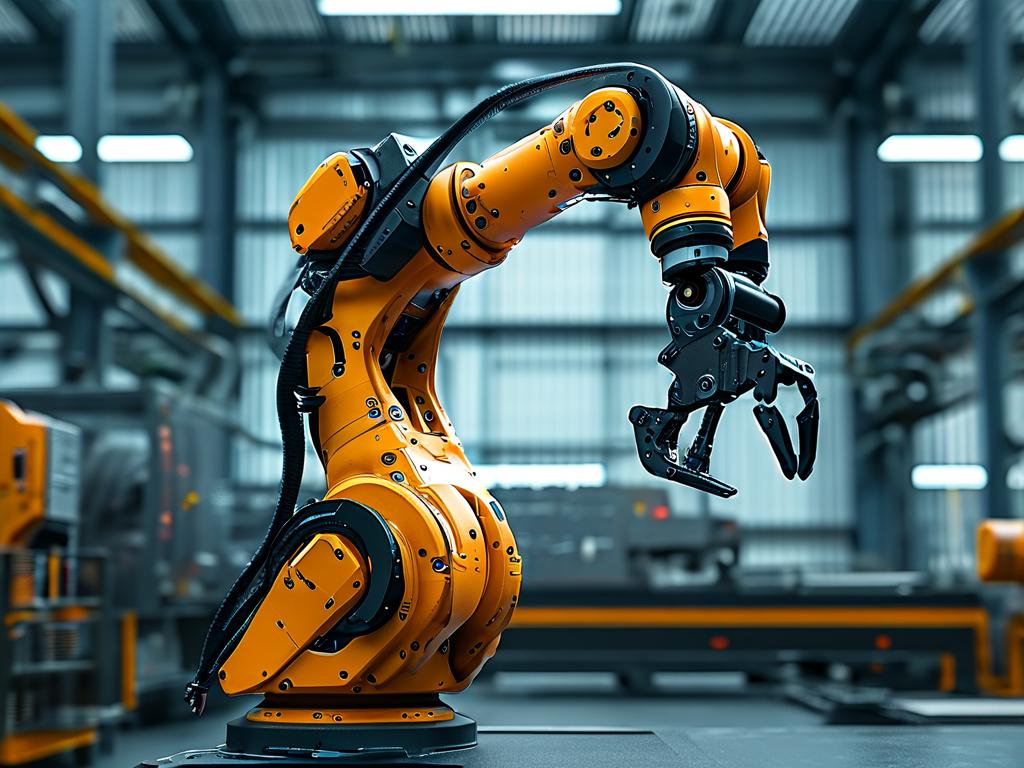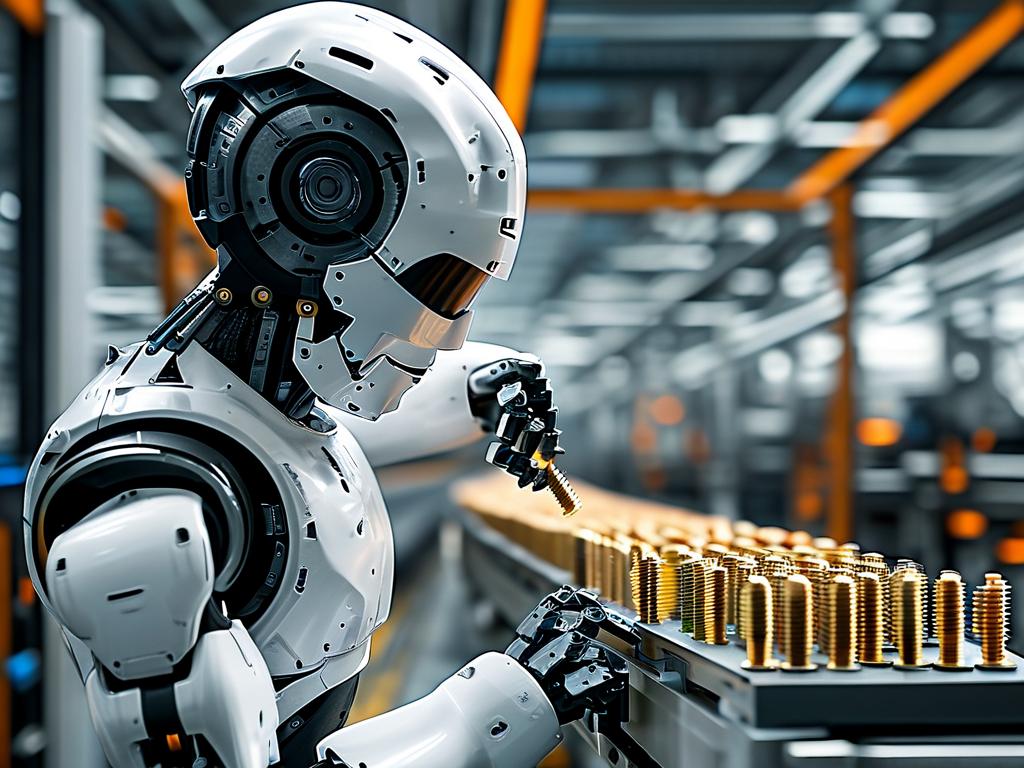As global industries accelerate digital transformation, Pudu Robotics has emerged as a trailblazer in intelligent service robotics, redefining operational efficiency across hospitality, healthcare, and logistics sectors. Founded on cutting-edge research and practical engineering, the company’s technological edge lies in its seamless integration of spatial perception, adaptive decision-making, and human-machine collaboration – a trifecta reshaping how businesses approach automation.
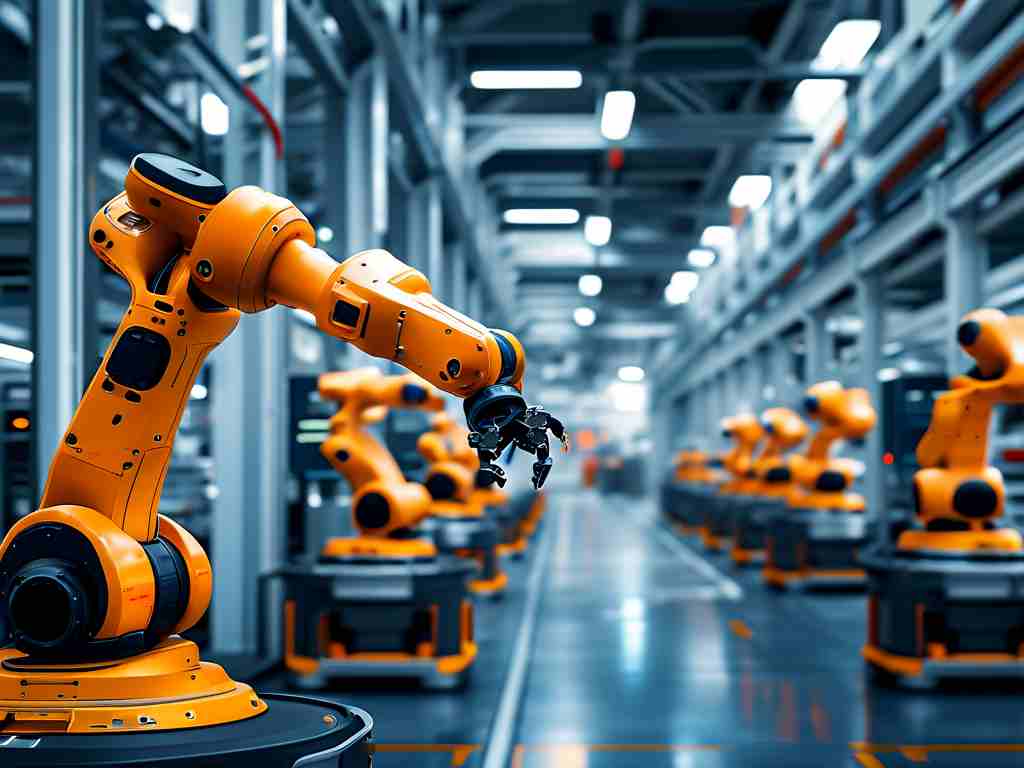
Core Technological Differentiation
At the heart of Pudu’s innovation is its proprietary SLAM+Vision+Cross-Platform Navigation System, which enables millimeter-level positioning accuracy even in dynamic environments. Unlike conventional systems relying on predefined maps, Pudu’s robots utilize real-time 3D environment modeling powered by multi-sensor fusion technology. This allows for instant obstacle recognition and path optimization – critical in crowded spaces like airport terminals or banquet halls where static navigation systems often falter.
The company’s self-developed servo motors demonstrate another layer of technical sophistication. Achieving torque densities 23% higher than industry averages, these components enable smoother mobility and extended operational lifespans. Field tests show Pudu’s delivery robots maintain stable performance through 200,000+ operational cycles, significantly outperforming competitors in durability metrics.
Adaptive Intelligence in Action
Pudu’s Ceres Scaler model exemplifies contextual adaptability. Equipped with multi-modal interaction capabilities, this catering robot doesn’t just transport dishes – it identifies table numbers through integrated RFID scanning, adjusts serving heights based on detected furniture dimensions, and even pauses service when sensing nearby movement. Such situational awareness stems from a hybrid architecture combining rule-based logic with machine learning algorithms trained on 1.2 million real-world service scenarios.
In healthcare deployments, the HolaBot disinfection series showcases another dimension of technical prowess. Utilizing ultraviolet-C lamps with 99.99% pathogen eradication rates, these units autonomously calibrate irradiation intensity based on room occupancy data pulled from IoT sensors. Crucially, the system’s fail-safe mechanisms automatically deactivate UV emissions when detecting human presence, merging efficiency with stringent safety protocols.
Sustainable Scalability
Behind these applications lies Pudu’s Modular Robotics Development Platform (MRDP), a game-changer for rapid deployment. Clients can configure robot functionalities through plug-and-play hardware modules and no-code software templates, reducing customization timelines by 65%. A hotel chain in Singapore, for instance, reconfigured 30 delivery robots for concierge duties within 72 hours using MRDP’s voice interaction and document handling modules.
Energy efficiency further underscores Pudu’s engineering philosophy. Their Eco-Drive 2.0 power management system leverages predictive charging algorithms that extend battery lifecycles by 40%. Real-world data from 800+ deployed units shows an average energy consumption of 0.18 kWh/km – 35% below industry benchmarks – making them viable for 24/7 operations in energy-sensitive environments like hospitals.
Collaborative Ecosystem Development
Pudu’s open architecture strategy has cultivated a 6,000-strong developer community contributing to its XROS ecosystem. This collaborative framework has spawned specialized solutions like pharmacy inventory robots capable of reading medicine expiration dates through embedded OCR, and retail assistants that analyze customer heatmaps to optimize store layouts.
The company’s Fleet Intelligence Manager (FIM) software exemplifies system-level innovation. Deployed in a Shanghai smart factory, FIM coordinates 120 heterogeneous robots (AGVs, cleaning units, inventory bots) through a decentralized decision-making model. By processing 5,000+ task requests hourly with 98.7% allocation accuracy, the platform demonstrates how Pudu’s technology transcends individual devices to enable true enterprise-scale automation.
Future-Ready Roadmap
With 15% of annual revenue reinvested into R&D, Pudu continues to push boundaries. Recent breakthroughs include tactile feedback systems allowing robots to handle fragile items, and swarm intelligence protocols enabling 50+ robots to collaboratively solve complex tasks. Early adopters in Dubai’s smart city project report 70% faster emergency response times using these swarm-enabled security patrol units.
As industries confront labor shortages and rising operational complexity, Pudu Robotics’ blend of precision engineering and adaptive intelligence positions it as more than a vendor – it’s a strategic partner in building tomorrow’s autonomous enterprises. With 38% year-over-year growth in enterprise contracts and deployments spanning 60 countries, the company isn’t just riding the automation wave – it’s engineering the tide.


